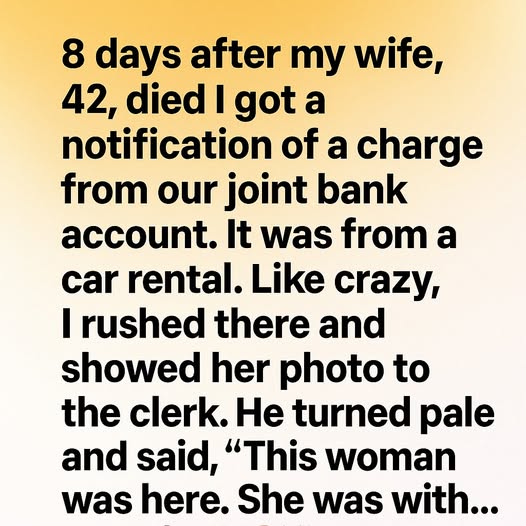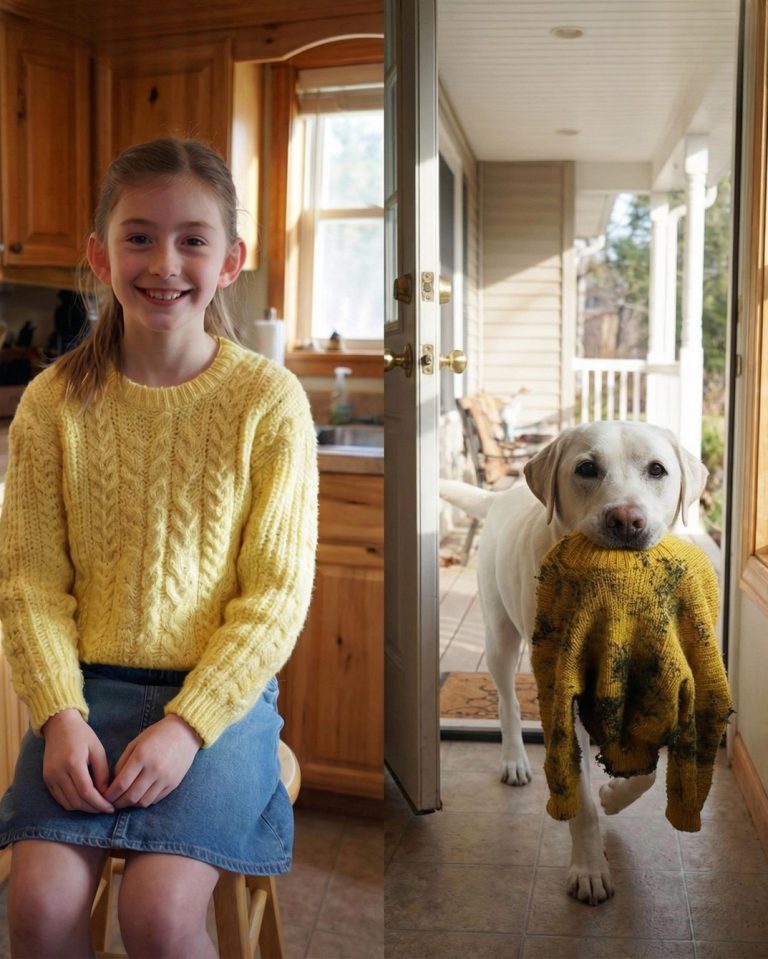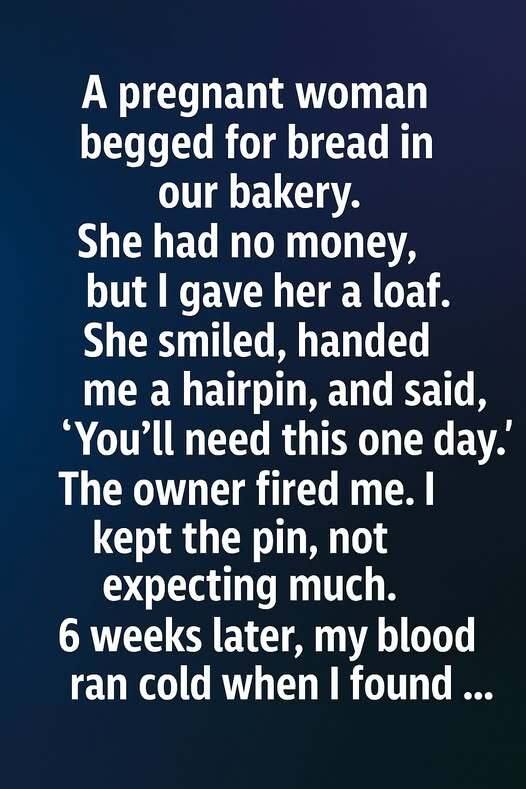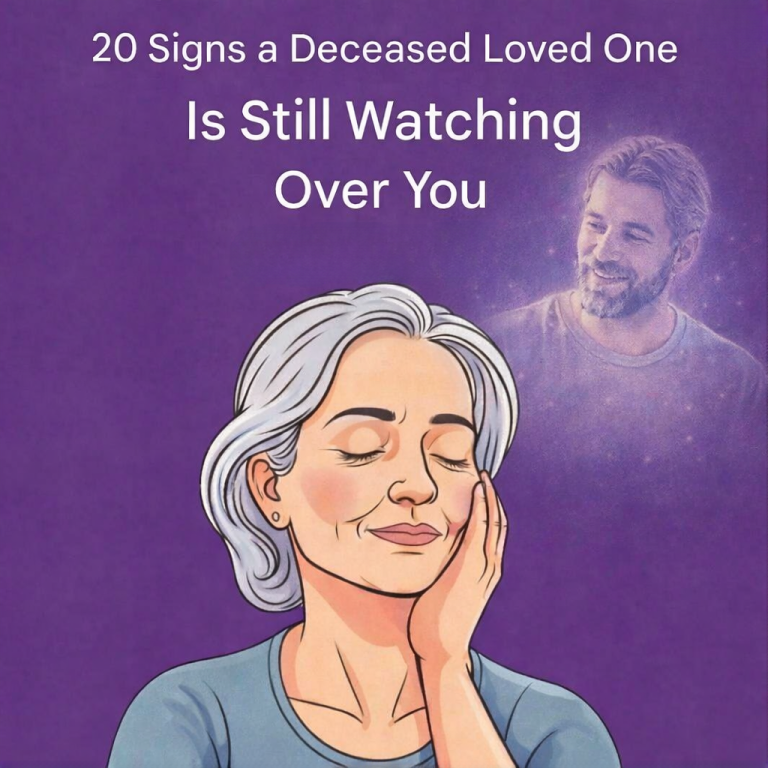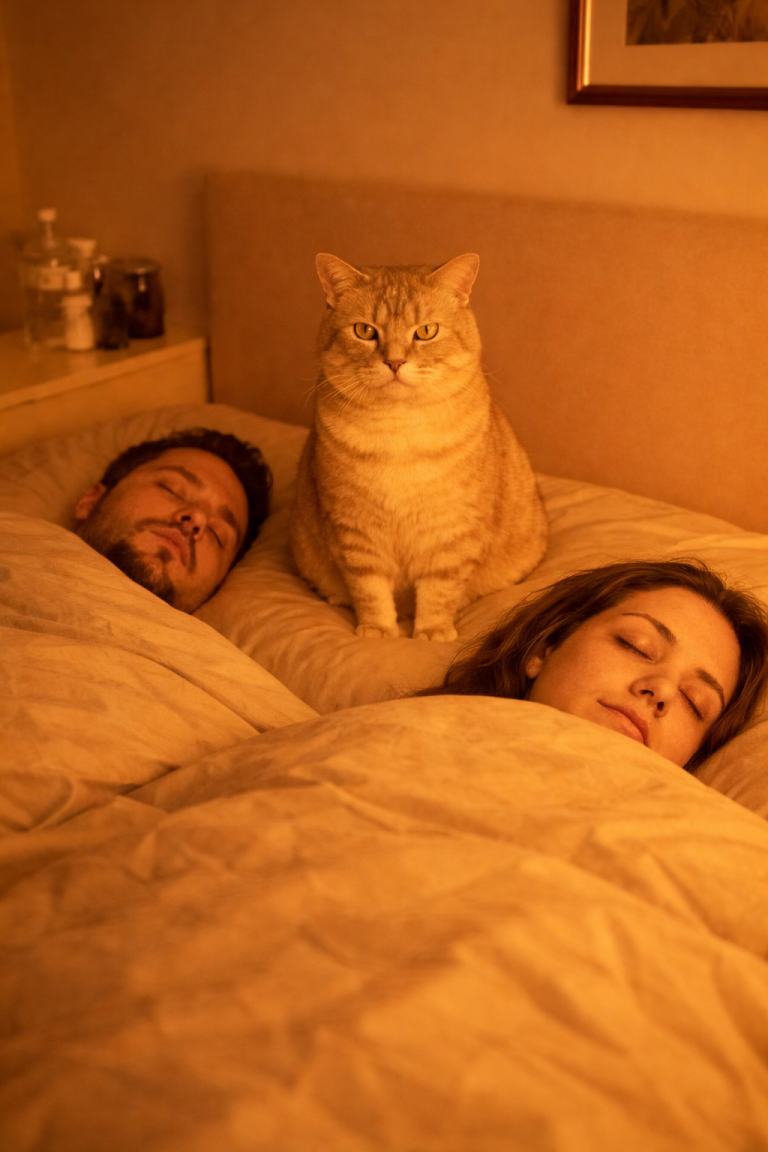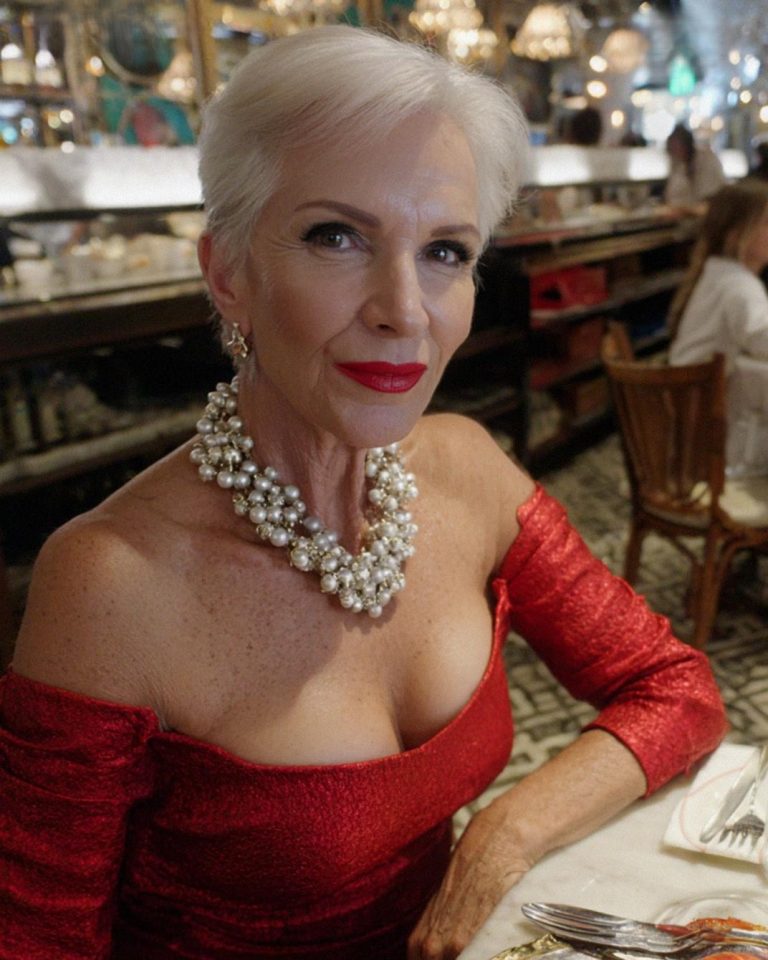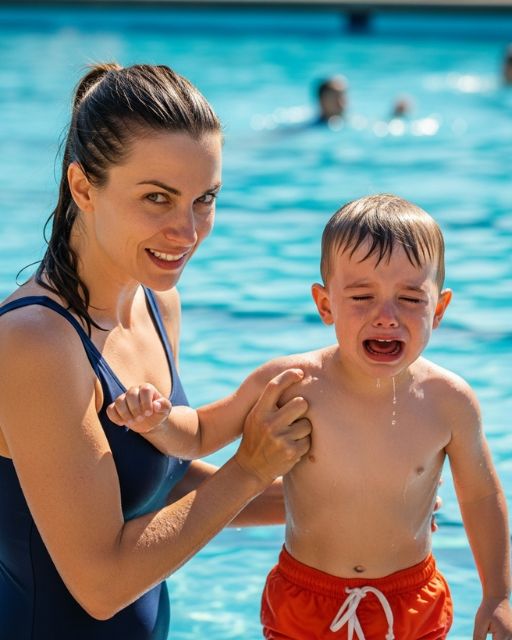
I live in a townhouse complex where the walls are paper-thin. My neighbors, Diane and her husband, fight constantly. It’s not just yelling; I’ve heard things smash against our shared wall, followed by dead silence.
Their son, Mateo, is about seven. He’s a sweet, shy kid who barely speaks. He also seems to be the clumsiest child on the planet.
At least, that’s what Diane says. “Oh, Mateo’s a typical boy, always falling down!” she’d laugh whenever I’d see him with a new, dark bruise on his arm or a fading black eye. She’d say it a little too loudly, a little too cheerfully.
But Mateo never acted like a “typical boy.” He never ran or shouted or roughhoused at the playground. He mostly just sat by himself, watching the other kids.
My stomach was always in knots about it. Do I call someone and risk being wrong, making things worse for them? Or do I say nothing and live with the thought that I could have helped?
Then came the annual summer pool party for our complex. I was sitting on a lounge chair when I saw Mateo cautiously stepping into the shallow end. Diane was a few feet away, scrolling on her phone, completely ignoring him.
He wasn’t running or jumping, just carefully walking. Suddenly, his feet slipped on the slick pool floor and he went down, hitting his elbow on the concrete edge. He let out a sharp cry of pain.
Diane’s head shot up. But she didn’t look concerned. She looked furious. She stormed over, yanked him out of the water by his good arm, and got right in his face. I couldn’t hear everything she hissed at him, but I heard the words “stupid” and “attention.”
Then she looked over and saw me watching. She gave me a cold, dead-eyed smile and, loud enough for me to hear, said to Mateo:
“See what happens when you embarrass me in front of people?”
Also Read : MY MOTHER-IN-LAW’S LAUGHTER UNCOVERED A SECRET I NEVER SAW COMING
Something in me snapped. I stood up, my hands trembling, and walked over.
“Are you serious?” I said, louder than I intended. “He’s a child—he slipped. He’s hurt.”
Her smile faltered for half a second before she plastered it back on, sugary sweet. “Oh, don’t be dramatic. He does this all the time. Such a little actor.” She squeezed his arm so tightly that he winced.
Mateo’s wide, tear-filled eyes met mine, silently begging. That was it. I wasn’t going to stand by anymore.
I pulled out my phone and, without another word, snapped a picture of the deepening bruise on his arm. Diane’s face drained of color.
“What are you doing?” she hissed.
“Documenting,” I said firmly. “Because if this happens again, child services is going to see every single mark.”
She let go of Mateo so quickly it was as if he burned her hand. He stumbled back toward the water, clutching his elbow. Her lips pressed into a thin line, but she didn’t say another word.
That night, I filed a report.
Two days later, the police and child protective services showed up at their door. The shouting and smashing from the other side of my wall never came again. Mateo was placed with his aunt across town. I saw him a few weeks later, running in the park—actually running, laughing with other kids.
And for the first time, I realized how unnatural it had been to see him so quiet, so still, all those months.
I still hear Diane’s cold smile in my head sometimes, but I remind myself: Mateo isn’t behind that wall anymore. He’s safe.
Epilogue
It was three years later when I saw Mateo again. He was taller now, his cheeks fuller, and his eyes brighter. He was at the community park with his aunt, kicking a soccer ball with some kids.
When he spotted me sitting on a bench, he jogged over, his face breaking into the biggest smile I’d ever seen from him.
“Hi!” he said, a little breathless. “I remember you.”
My throat tightened. “Do you?” I asked softly.
He nodded eagerly. “You’re the one who helped me. My aunt told me. She said you’re the reason I don’t live with… them anymore.” His voice dipped for a moment, but then he straightened, brimming with confidence that hadn’t existed before. “Thank you.”
Before I could respond, he threw his arms around me in a quick, fierce hug. And just like that, he was off again, chasing the soccer ball, laughing so loudly that people turned to look.
I sat there with tears streaming down my face. For months I had questioned if I had done the right thing, if I had overstepped. But seeing him running free, hearing his laugh echo across the park, I finally knew the truth.
I hadn’t just done the right thing. I had given a little boy his childhood back.
